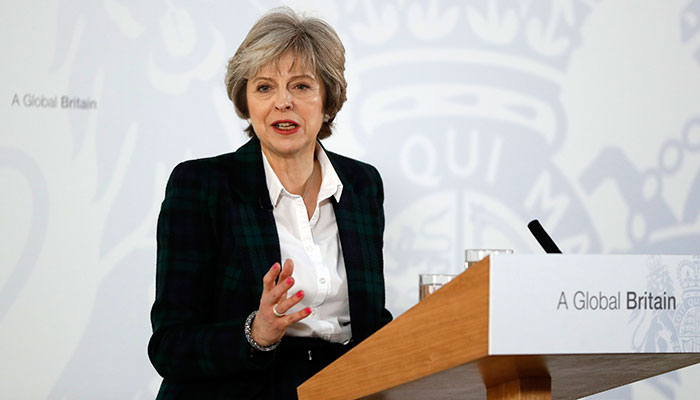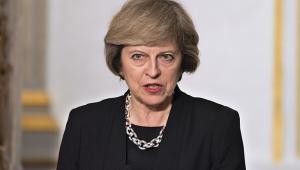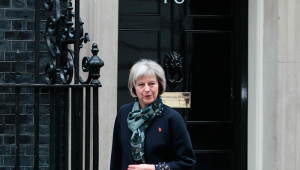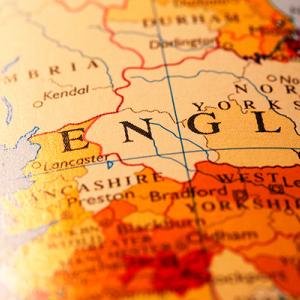
Theresa May: “No deal for Britain is better than a bad deal for Britain." Photo: PA
Outlining her much-anticipated post-Brexit vision for the UK in a speech to diplomats in London today, May said: “What I am proposing cannot mean membership of the single market.”
She said that retaining access to the single market would mean complying with regulations and accepting the oversight from the European Court of Justice to such an extent that it would “to all intents and purposes mean not leaving the EU at all”.
“Not partial membership of the European Union, associate membership of the European Union, or anything that leaves us half-in, half-out. We do not seek to adopt a model already enjoyed by other countries. We do not seek to hold on to bits of membership as we leave,” she said.
Instead, the prime minister said the government would seek “the greatest possible access” to the single market through a new free trade agreement with the EU.
This agreement could take in elements of current single market arrangements in certain areas, such as the export of cars and lorries or the freedom to provide financial services across national borders, she said.
But she warned that the government would rather fail to reach an agreement than be pushed into an unfavourable one. “No deal for Britain is better than a bad deal for Britain.”
May repeated the suggestion made by chancellor Philip Hammond at the weekend that the UK could seek to change its economic model, potentially slashing taxes and regulations, if the EU 27 are not co-operative.
“We would have the freedom to set the competitive tax rates and embrace the policies that would attract the world’s best companies and biggest investors to Britain.
“And – if we were excluded from accessing the single market – we would be free to change the basis of Britain’s economic model.”
May also announced that the final deal will be put before both Houses of Parliament before passing into law, and will be phased in gradually rather than immediately implemented when the UK leaves. “We will seek to avoid a disruptive cliff-edge,” she said.
Among the other key aims set out by May were for Britain to control the numbers of people coming from the EU to Britain, and to leave the jurisdiction of the European Court of Justice, which adjudicates on matters of EU law.
May said that it was an “important priority” for the government to reach an agreement that would guarantee the rights of EU citizens living in Britain, and those of British nationals in other member states. She also said the UK would seek to keep the Common Travel Area with Ireland.
May said the government wanted to reach a new customs agreement with the EU, so it could negotiate its own trade deals and said that the UK wanted to continue to cooperate closely with the EU on security, defence and foreign affairs as well as science and research.
Responding to May’s speech, Labour leader Jeremy Corbyn said: “Theresa May has made clear that she is determined to use Brexit to turn Britain into a bargain basement tax haven on the shores of Europe.
“She makes out this is a negotiating threat to the 27 EU countries but it’s actually a threat to the British people’s jobs, services and living standards.”
Corbyn added that the speech should have been given in Parliament where MPs would have the opportunity to scrutinise it.
CIPFA chief executive Rob Whiteman observed that May’s speech offered little certainty for Britain’s hard-pressed public services, which depend on strong economy and access to the right mix of labour and expertise.
“The EU will play hardball, so we cannot assume it will agree to a bespoke arrangement that would serve UK interests,” he said.
“This is a game of Russian roulette, where the prize is not committing economic suicide.”
Theresa May’s 12 negotiation objectives:
- Certainty
- Control of laws
- Strengthen the union
- Maintain the Common Travel Area with Ireland
- Control of immigration
- Rights for EU nationals in Britain, and British nationals in the EU
- Protect workers’ rights
- Free trade with European markets
- New trade agreements with other countries
- The best place for science and innovation
- Cooperation in the fight against crime and terrorism
- A smooth, orderly Brexit




















